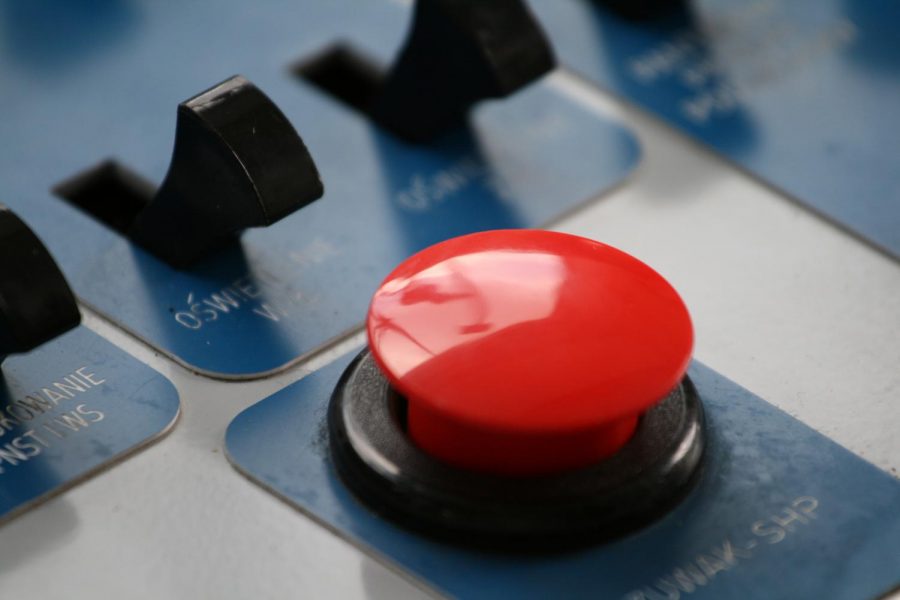Did the Mute Button Work? Third Presidential Debate Saw Fewer Interruptions Across the Board
November 4, 2020
With the third and final presidential debate of 2020 having happened on October 22nd, I think it’s safe to say that the implementation of a mute button was a success. An interesting thing to note is that the mute button was not actually used much during the debate. Perhaps the threat of being silenced kept the discussion more civil and on topic, but I couldn’t help thinking how much I wanted to see another raw, unfiltered debate. If not for the entertainment value, then as an exhibit of each candidate’s character. I think it’s even more important to look at the outcome this time when comparing it to the first debate to consider some implications. Everyone can agree that the final debate was overall a lot better than the first, and it’s time that we think about why.
Well, what was different this time? First off, both candidates have had the experience of the absolute horror-show that was the first presidential debate and it is likely a tacit agreement was made to be on better behavior. Secondly, the presidential debate commission decided to adopt a mute button (yes, exactly like teachers use on Zoom) to silence a candidate when the other was speaking and answering a question. According to BBC News, Richard Stengel, Under Secretary of State for Public Diplomacy during the Obama administration, said he supported the usage of the mute button. “In the case of Donald Trump, you have an adult male who has no impulse control. A mute button is a form of external impulse control,” Stengel said. And it’s not as if both candidates are subject to different rules. Both candidates were guaranteed two minutes of uninterrupted speaking time when answering questions addressed to them.
Another interesting thing to note about the mute button is that it wasn’t controlled by the moderator, Kristen Welker, but rather a member of the production crew who works for the Commission on Presidential Debates. The idea of a big, red button for Welker to press is an amusing thought nonetheless.
Being silenced isn’t always such a bad thing. On platforms like Facebook and Instagram, there is little done to keep misinformation and untruths in check. It might actually be a lot better if some people weren’t able to share their opinions. Too often they are injected into facts to warp and twist them and too often things on the Internet are just plain wrong. In the case of the debate, the mute button was used as a tool to show that our politicians must be accountable for what they say, and that their actions have consequences.

















































































































































